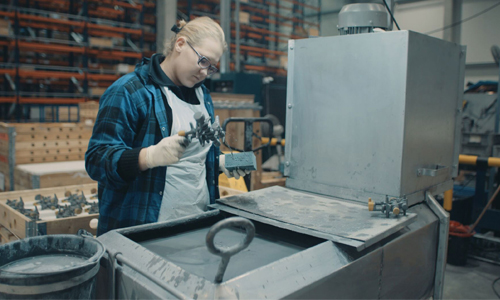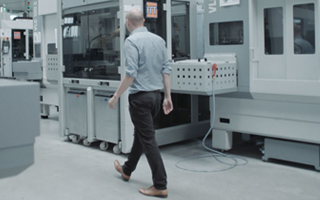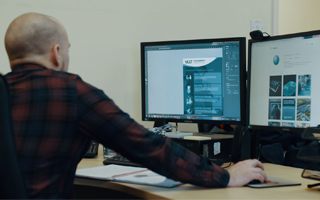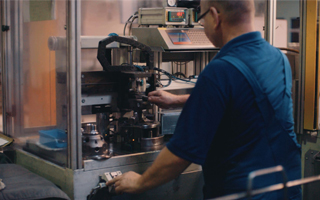Women In Engineering (And Why They Are Needed)
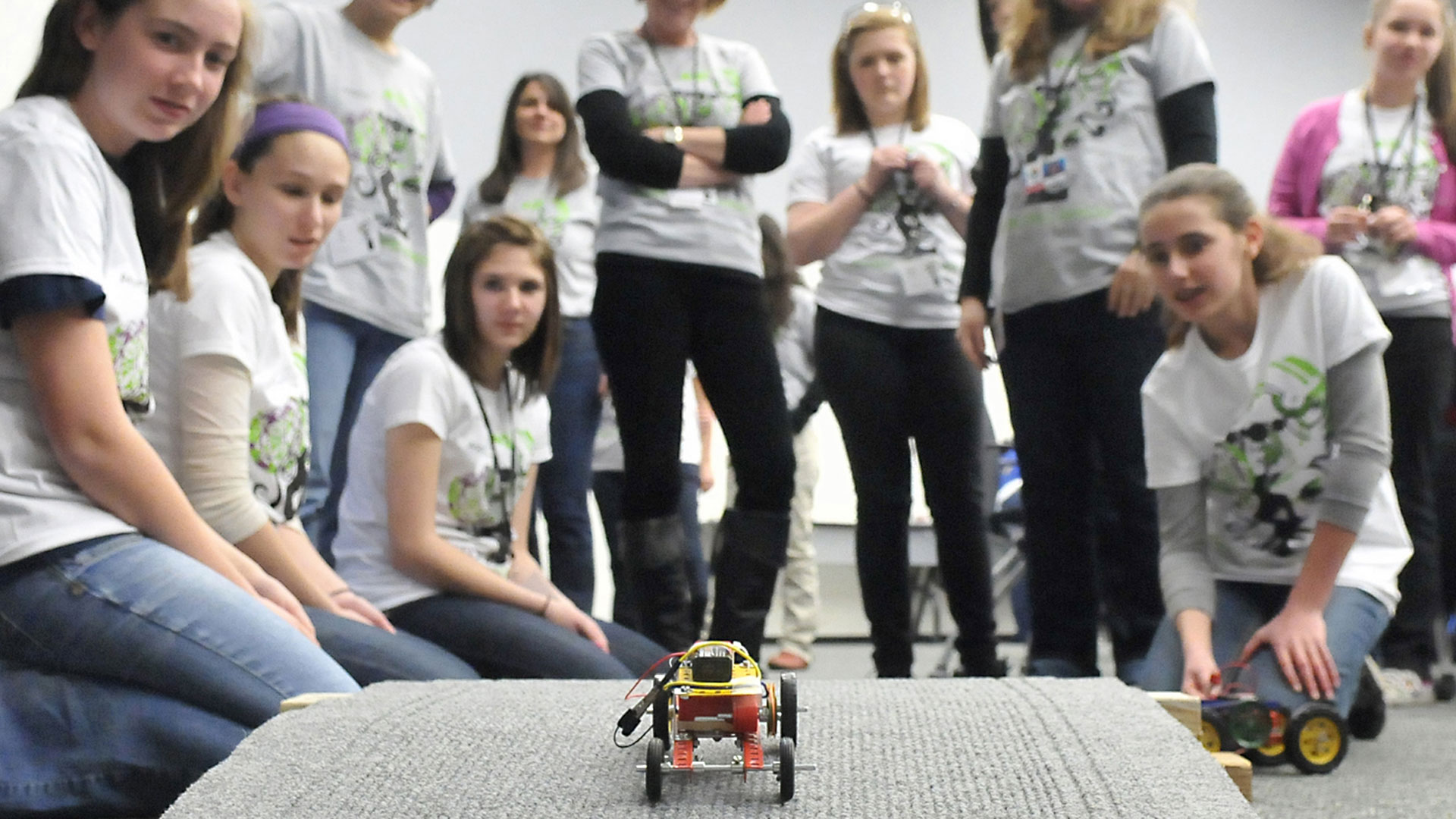
Gender gaps in employment sectors are still very much a reality for more industries than modern society would like to admit. Industries ranging from Fashion to Science to IT have all seen their work forces skewed one way or the other and have, or are working towards, overcoming the issue of a gender biased workforce.
However, within the engineering sector the gender imbalance is still hugely present, with women in engineering roles making up an unusually small fraction of the UK workforce, while also being recognised as a global issue.
How big is the gap?
- In fact only 8% of UK engineers are female* and at a time when the UK needs 1.8 million engineers by the year 2025, this gender imbalance will only make it more difficult for the UK to meet this need in those six years**.To put that into perspective, that’s 300,000 new engineers needed every year!
- The UK has the lowest percentage of women in engineering roles in Europe, which reflects badly on a country with such a skills shortage in this sector..
- The number of women studying engineering related degrees and higher education courses has remained fairly stagnant since 2012, indicating that the gender unbalance is set to remain at least into the foreseeable future***.
Why is there a Gap and how it be solved?
Studies suggest there are a number of potential reasons for the lack of women within the engineering sector, many of which link to the way the industry ‘has always been’ - which unfortunately has been proven to be a difficult mould to break. Despite the number of influential brands in the industry looking to make a difference, it seems the problem does not lie in just one area:
1. Education: From an extraordinarily young age, many children and young adults rule out certain career paths- particularly within the STEM subjects and their related sectors (Science, Technology, Engineering and Mathematics). This dramatically affects the number of young women applying for engineering related qualifications in a negative way - from GCSE level all the way to degrees and post graduate qualifications.
It is clear that schools, colleges and universities need to work towards making careers in STEM subjects, particularly in engineering, more attractive to women from a very young age. Not only this, but schools and other educational facilities need be doing more to engage pupils of both genders with engineering employers through things like work experience, work based learning and education on apprenticeship opportunities. Giving young women this information during school years will allow them to assess the opportunities without prejudice and take time to consider engineering as a career path.
2. Role Models: In an example of a ‘vicious cycle’, and as a result of the lack of young women taking up further education in engineering, there is a lack in female role models in the engineering sector. In theEngineering.com’s 2017 Top Engineering Role Models list only one of the considered top engineers is a woman (Hedy Lamarr), which is living proof of the gap between men and women within the sector and lack of role models for young women to look up to.
If we are to tackle the indifference women have towards engineering and challenge the preconceptions that young women and the general public have, the industry needs to do more towards raising the profile of inspirational female engineers and the likes of Josephine Payne of Ford Motor Company and Denella Bagnall of Jaguar Land Rover. Without pushing these role models to the fore, young women will continually find it difficult to relate to a career in engineering simply because it is seen as a ‘man’s industry’.
3. Perception: The above two points have had a huge impact on the way the engineering industry is perceived and the opportunities that are available. However the path of solving the gender imbalance issue is not only for educators and employers to take, this is unfortunately a society wide issue which can only be overcome by changing the way engineering as a whole is represented.
There are a number of players in the industry starting to address the problem. SEAT for example, launched an equality plan in 2012 and now the number of female employees working for SEAT is double the industry average. Similarly in a slightly different industry, EDF has been running a number of cinema advertisements to encourage young women to take more interest in the opportunities a career in engineering can provide. Initiatives like this need to be looked at but the industry as a whole, and by those who have the ability and authority to make an impact.
What does the Gap mean?
Continuing to recruit for the engineering sector without addressing the hugely obvious gap between the number of men and women has proven itself unsustainable as a single gender is no longer capable of fulfilling demand entirely. To deny potential workers and skills on a mass scale by ignoring half of the population does not make business sense – and could solve a critical issue if only that half was made more aware of the opportunities available.
If solved, this change could provide greater sustainability and reduce the pressure for the sector as a whole.
At MAT Foundry Group, we encourage a diverse and flexible way of working for all our employees. If you, or anyone you know would like to be part of the future of the automotive engineering industry please take a look at our recruitment pages.
MAT FOUNDRY GROUP ARE A LEADING MANUFACTURER OF GREY AND DUCTILE IRON CAR COMPONENTS. TO LEARN MORE ABOUT US VIEW OUR PRODUCTS OR CONTACT US TODAY
*http://www.bbc.co.uk/news/business-37254851
** http://www.telegraph.co.uk/education/stem-awards/energy/the-great-uk-engineering-shortage/
***http://www.wes.org.uk/sites/default/files/Women%20in%20Engineering%20Statistics%20March2016.pdf


